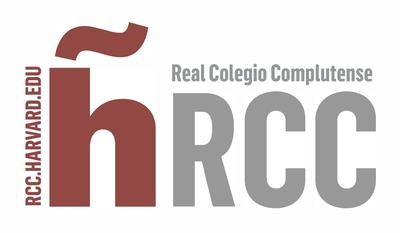Co-chairs: Isabel Durán Giménez-Rico (Professor of American Literature, Universidad Complutense de Madrid), Daniel Aguirre Oteiza Professor of Romance Languages and Literatures at Harvard University), David Yagüe González (Lecturer in Spanish at MIT Global Languages), Cristina Pérez-Arranz (Lecturer in Spanish at Boston University), Carlos Varón González (Assistant Professor of Hispanic Studies at UC Riverside), Ana Yáñez Rodríguez (Lecturer in Spanish at MIT Global Studies and Languages), Bronia Greskovicova (Program coordinator en Hutchins Center, Harvard University).
This Study Group arises from the International Conference that took place in RCCHU, in April 2014, and brings together the interest of Humanities Scholars working on both sides of the Atlantic. The next International Conference toke place on April 28th-29th 2023. An interesting transatlantic seminar on Medical Humanities by the visual arts, such films, are scheduled on April 4th and 5th, 2024.
Transatlantic culture often presents itself as a narrative of encounter and dialogue that transcend the limits of the local. However, the trace of colonialism, the living memory of exile, and an uneven distribution of economic, political, and symbolic power haunts transatlantic imagination. This conference aims to explore the many ways in which antagonisms, uneasy pluralism, and tense negotiations of difference overdetermine sites of Transatlantic cultural practices.
Is the very history of Transatlantic interactions one of conflicting and conflicted cartographical reasons? To what extent is the Transatlantic triangulation of nation, language, territory, and culture as arbitrarily violent as its nationalistic identification? Is the history of Atlantic transnational interactions best understood as the progressive globalization of peoples, resources, and ideas or as its catastrophic dispersion in opposing local narratives? What are the effects of competition, debate, strife, war, and how are they instrumentalized to construct, breach, and rebuild interpretive and political communities? What are the institutions that regulate, enable, and promote confrontation?
